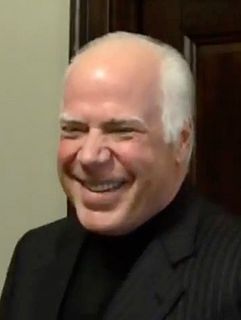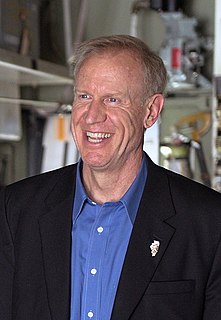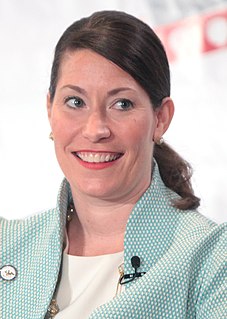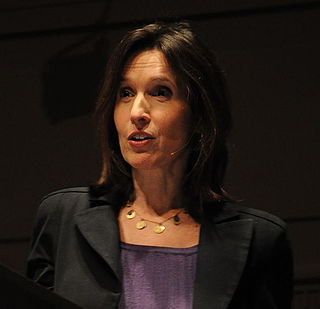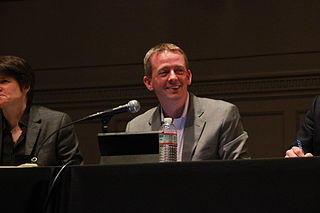A Quote by Fred DeLuca
When I started in the business, the minimum wage was $1.25. I've seen an enormous number of wage increases. Basically, it applies evenly to everyone in the business.
Related Quotes
[E]conomic liberty and creative entrepreneurship are the basis of any solution to today's social and economic difficulties. Blaming business, setting wages, and attempting to run the economy by decree from Washington only exacerbates the problems. Consider the minimum wage. It seems so simple: Tell business to pay its workers more. But a hike in the minimum wage is essentially a tax, punishing precisely those companies that hire workers with the least skills.
If the price of a burger goes up 5 cents, and the minimum wage that you have received is going up from $7.25 to $15 an hour - and there have been a number of studies that document just how much the price of a burger might go up if you increase the minimum wage. You match the costs, and the benefits far outweigh the costs.
I was on the committee that helped raise the minimum wage here in Seattle. I introduced a statewide bill to raise the minimum wage in Washington state my first year in the state senate, and I really believe that raising the federal minimum wage, while not the answer to everything, addresses a lot of the issues at the very bottom.
It seems to me both moral and practical that in the richest in nation in the world that someone working full time shouldn't live in poverty. And studies over the last 20 years in states where we have seen these minimum wage increases show there's no discernible impact on employment growth. In fact, what it does is line low-wage workers' pockets with higher wages.
Raising minimum wage doesn't just benefit the workers behind me, it creates a proven ripple effect that increases wages all the way up the scale. ... Let's get the facts straight, only 20 percent of people making the minimum wage are teenagers. The rest are hardworking adults, many of them with families, and I mean hardworking.
Paying people a fair wage is a sign of respect and acknowledgement of the value of people's contributions to the business. When people are treated fairly and with respect, they will provide unparalleled levels of support and commitment inside the business, and to clients and customers. Everyone is more successful when people are paid a living wage.








